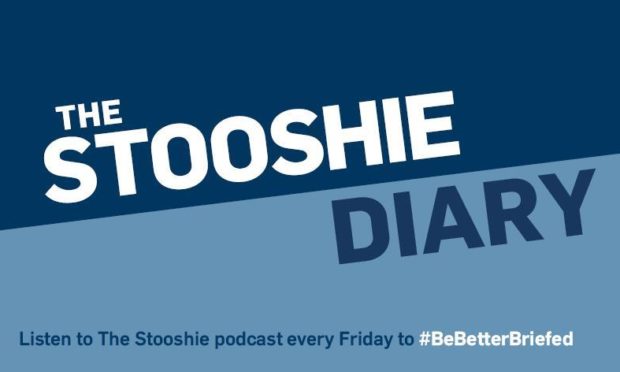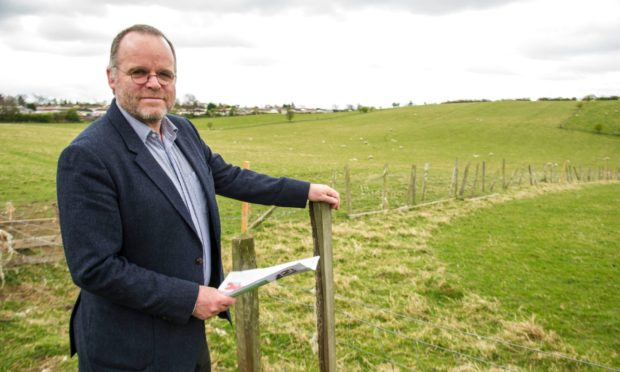The launch of Alex Salmond’s new Alba Party made me think of the memorable final scenes from The Hurt Locker movie.
In the 2009 film, Jeremy Renner plays Sergeant William James, a maverick but troubled character who struggles to adapt to civilian life after returning from Iraq, at one point finding himself lost and unfulfilled in the cereal aisle of a supermarket.
At the end, viewers see him arriving back in the war zone for another tour of duty with a US Army bomb disposal unit, despite the obvious risk to himself and others.
He went back to Iraq after realising that defusing explosives was the one thing he was good at and, whatever the consequences, he needed to keep doing it to give him a purpose in life.
Mr Salmond, of course, insisted his motivations were different.
He pointed to his desire to achieve a “supermajority” that would help secure a second independence referendum.
Others suspected it was more about his ego, or a thirst for revenge on those within the SNP who he believed conspired against him.
Whatever the reason, not even Sergeant James could defuse the detonation his comeback has now caused within Scottish politics and the election campaign.
While some of the coverage might give a different impression, Mr Salmond is not the only candidate desperately trying to become an MSP just now.
There are hundreds of them, many of whom have no past glories to relive or revenge to enact.
What motivates them? A general thirst for power? Naked ambition? The desire to change the world, or at least fight for their local community?
The answer will vary, of course, and at £64,470, the basic salary is not unattractive.
It may also help that you do not really need any qualifications, and it is unlikely that you will be sacked for at least five years, however you perform.
Yet most of the population would never contemplate putting themselves forward, and for good reason.
For a start, unless you are lucky enough to have been chosen by members of the right party, in the right part of the country, you are probably wasting your time.
Those who succeed, meanwhile, will quickly find out what the job actually entails.
Andy Wightman, who I interviewed last week, knows more than most.
He is a highly respected author and land reform campaigner but has found himself at the centre of two huge controversies in recent months.
Mr Wightman spoke about the “backlash” he had faced following his resignation from the Scottish Greens in December due to its handling of debate over transgender rights, as well facing “wild allegations and speculation” for his votes in the inquiry into the handling of allegations against Mr Salmond.
“It’s an exhausting job being an MSP. If you do it well, it’s hard work. It’s a 60/70 sometimes 80-hour a week,” he said.
“It’s a secure job on a good salary, that is clear, but the price you pay for that is quite high, much higher than most people pay for a salary like that, in terms of the hours and the expectations, and also the impact it has on people’s personal relationships.”
Despite this, Mr Wightman has put himself forward for election again.
About a quarter of MSPS have now stood down, however, with some using their valedictory speeches to highlight the pressures which influenced their decision.
Highland MSP Gail Ross said the parliament should take “a long hard look at how it encourages people—especially women—to become elected members”, including introducing “more flexibility in work practices”.
But the majority of the final farewells, including from Ms Ross, were generally positive about the experience of being an MSP and the “enduring friendships” that are made.
Perhaps most important of all, and a reason why so many continue to put themselves forward for the job, was the sense of achievement clearly felt by so many of those departing representatives.
Outgoing Presiding Officer Ken Macintosh, who was one of those stepping down, closed the session of parliament by saying: “I will be here on May 13 to welcome you back, alongside perhaps 40 or 50 new faces, refreshed, reinvigorated and ready to work together for the benefit of our country.”
We will have to wait and see if the familiar sight of Mr Salmond will be among those “new faces”.



